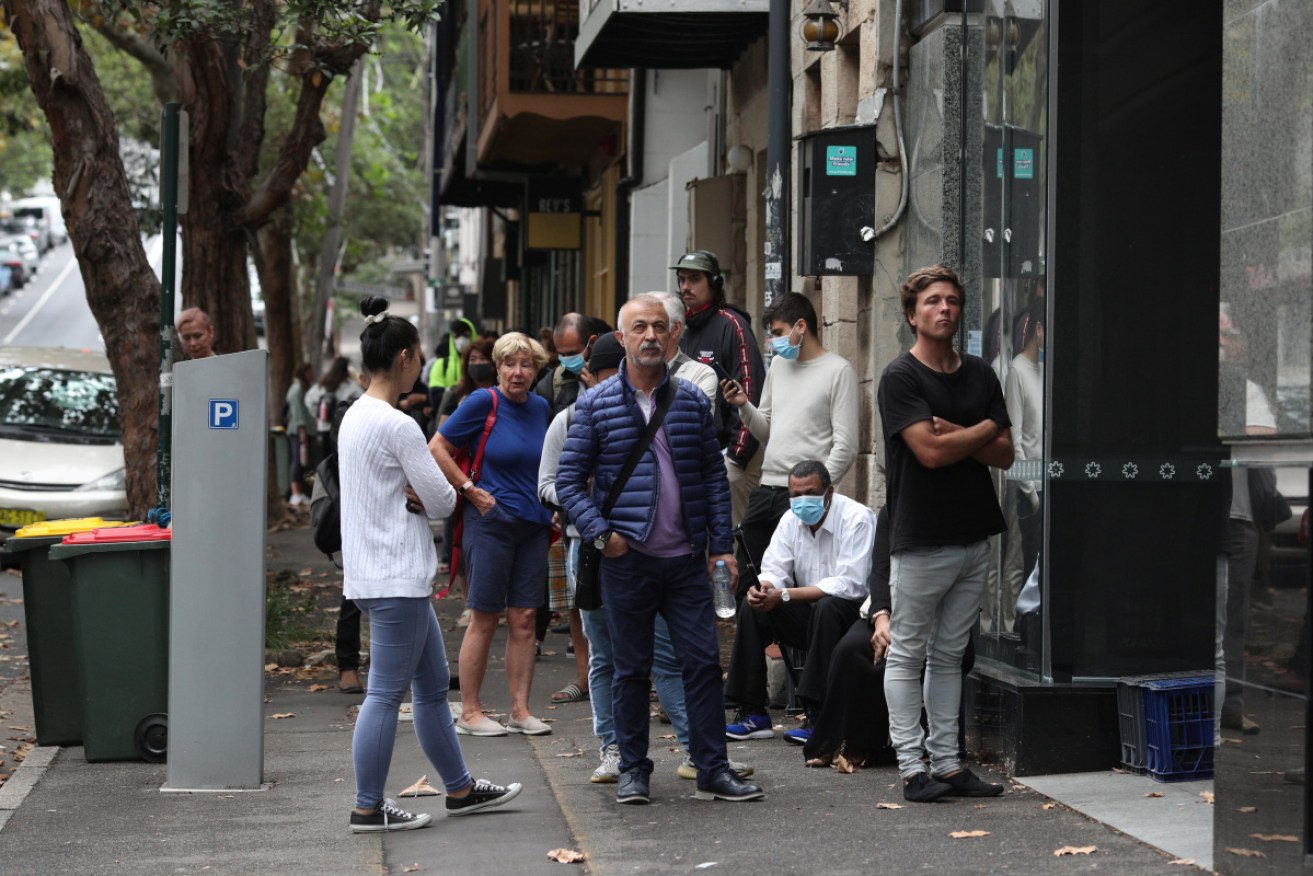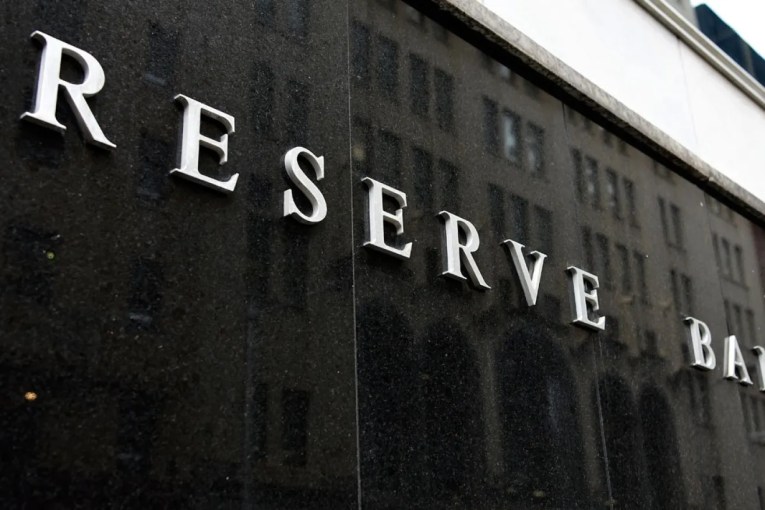Government warned economy could fall off a cliff in September without more stimulus


May's unemployment numbers made for grisly reading. Photo: AAP
Prominent economists have warned Australia will fall off a financial cliff in September unless banks and governments extend their coronavirus support measures.
New data from credit bureau illion and Accenture-owned AlphaBeta shows consumer spending has now recovered to just 3 per cent below pre-crisis levels.
AlphaBeta director Dr Andrew Charlton, who has a PhD in economics from Oxford University, said the figures showed the coronavirus stimulus measures were helping to keep money flowing through the economy.
But he said a hard-stop to mortgage holidays and government programs in September would have a “cataclysmic impact”.
It could be a double-whammy if the hardship provisions end at the same time as government support,” Dr Charlton said.
“The government needs to hasten its thinking around how the stimulus measures end up being withdrawn.
“It’s critical that they don’t come to a grinding to a halt but are tapered off to ensure people have time to adjust.”
Dr Charlton said illion and AlphaBeta’s data showed the banks’ home loan deferrals were providing a major boost to the economy, as the difference in discretionary spending between people who have taken up a mortgage holiday and those who haven’t was virtually non-existent.
Without these support measures, people who needed them would have drastically cut their spending – putting downward pressure on jobs, wages and growth.
The new data comes after Treasury secretary Steven Kennedy told a Parliamentary hearing on Thursday that Treasury would review the possibility of extending the JobKeeper scheme for hard-hit industries beyond September.
Following revelations of a $60 billion shortfall in subscriptions to JobKeeper, Labor has called on the government to expand the scheme to short-term casuals and other workers who have so far missed out.
Although Finance Minister Mathias Cormann has ruled out such a move, Treasurer Josh Frydenberg has said he is open to extending the scheme beyond September to badly affected industries such as tourism.
University of New South Wales economics professor Richard Holden believes that is the most likely course of action for the Coalition.
But he told The New Daily that record-low interest rates meant the government could afford to extend JobKeeper payments to casual and migrant workers and also announce more measures to protect households from the coming financial cliff.
Like Dr Charlton, he said he was worried about what would happen to people relying on JobKeeper payments when the government withdraws the stimulus at the same time that banks and landlords end their mortgage and rent deferrals.
“What do you do at that point?” Dr Holden said.
“The banks can take a hit, but that’s bad for the banks. Do you say to landlords, ‘take a hit’? Well, a lot of them are individuals who’ve got negatively-geared properties and will be under strain.
There are no good answers come September.”
Dr Holden warned of a potential domino effect, whereby a person fails to pay their deferred rent, which causes problems for the landlord, who then defaults on their loan, which then leads to foreclosures.
“It can get out of control, and the best way to prevent that from happening is to have pumped enough money into the system at the start,” Dr Holden said.
“That’s why I would have much rather seen a 80 to 90 per cent wage subsidy, up to a generous cap, rather than the $1500-a-fortnight flat rate payment.”
How banks are responding
Australia’s banks have so deferred a total of 429,000 mortgages worth $153.5 billon, as part of a comprehensive response to the coronavirus pandemic.
“In response to continued demand for support with mortgage payments,” Westpac on Saturday said it would give customers on interest-only loans the right to extend their term for another 12 months, while allowing customers on principal-and-interest only loans to switch to interest-only loans – thus reducing their monthly repayments.
A spokesperson from Commonwealth Bank told The New Daily on Monday the bank was considering doing the same as Westpac.
A NAB spokesperson said the bank was allowing customers on interest-only loans that expire before September 30 to extend these for a further 12 months, and encouraged “any customer facing financial challenges to contact us as soon as they can to see how we can better support them”.
An ANZ spokesperson said customers could request a payment deferral on their home loan for up to six months and should contact the bank if they require further assistance.










